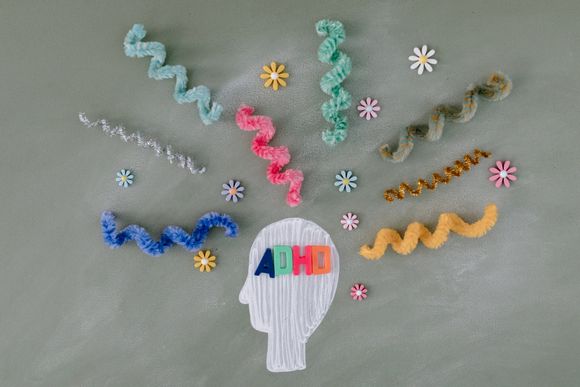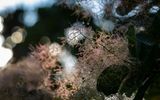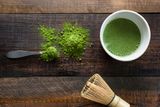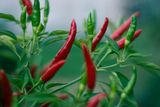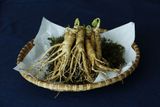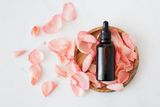Author: Rositsa Tashkova, Master of Molecular Biology and Microbiology
Attention deficit hyperactivity disorder or ADHD is characterized by great impulsivity, hyperactivity and inability to self-control and concentration.
What is ADHD
The disease occurs more often in boys and persists throughout life in many of those affected, but others manage to partially overcome it or develop mechanisms by which it does not manifest itself so strongly and does not interfere with their lives.
According to some sources, the condition affects 1 in 12 children or teenagers.
The syndrome is classified as:
- developmental disease - delayed development of the frontal lobe of the brain leads to delayed development of self-control, which is characteristic of ADHD;
- behavioural disorder;
- neurological pathology.
Lifestyle changes that may improve the condition
Some lifestyle changes may help ADHD sufferers avoid medication.
Exercise
Several studies in recent years have shown that exercise helps children (suffering from attention deficit hyperactivity disorder or not) to better concentrate on mental tasks afterwards. [ref.2]
Alternating physical with mental activity gives better results and greater productivity at all and is especially suitable for children for whom concentration is more than an effort of will.

Good sleep
Sleep is another factor that needs to be addressed in children with ADHD. Studies have shown that when they are tired, children with or without ADHD often become hyperactive when they are tired. Adults become slower and slothful when tired, but the reaction of children is the opposite. It is assumed that one of the reasons for hyperactivity is that it helps children stay awake. [ref.3]
In addition, it was found that even just half or an hour more or less of sleep affects children's mood and abilities. Therefore, an approach worth trying is for the child to sleep a little longer than usual.
Foods and drinks to avoid
Some foods and beverages may worsen symptoms of attention deficit hyperactivity disorder:
- Candy - sugar and artificial colorants badly affect sufferers of the syndrome;
- Carbonated drinks and caffeine - containing drinks;
- Some frozen fruits and vegetables - problematic are those containing artificial dyes or organophosphates are used in their cultivation;
- Cakes and glazes - because of the large amount of sugar and colorants;
- Energy drinks - unfortunately are too popular both among young children and among teenagers;
- Fish high in mercury - such are the large ocean fish, the shark.
Vitamins and minerals to help ADHD sufferers
Some vitamins, minerals and other supplements may improve the condition of those suffering from attention deficit hyperactivity disorder.
Additives that may have a beneficial effect are:
- Zinc - low levels of zinc are associated with both decreased function of the immune system and a number of diseases of the brain - Parkinson's, Alzheimer's , depression and last but not least- ADHD. Additional zinc intake can improve the condition of those suffering from these diseases.
- Iron - according to some studies, ADHD sufferers often have iron deficiency and it has been found that additional intake and normalization of its levels can alleviate symptoms.
- Omega-3 fatty acids - it has been found that people suffering from SDVH or other behavioral abnormalities often have decreased levels of omega-3 fatty acid called docosahexaenic acid (DHA). Read more in the article Why omega-3 fatty acids are healthy and what they are used for.
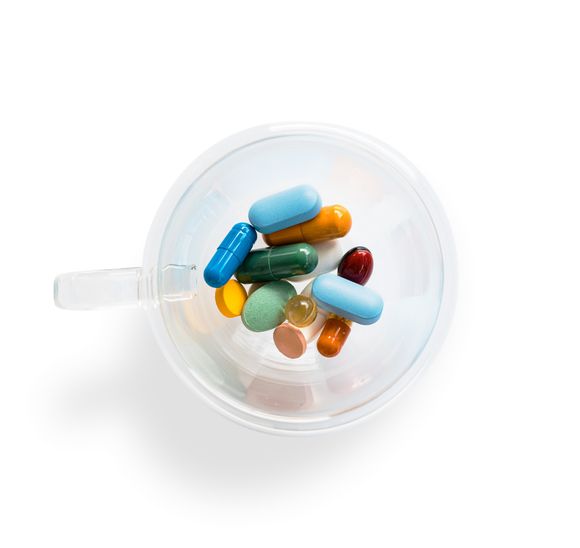
- Vitamins of group B - vitamin B6 seems to have a beneficial effect on the symptoms of ADHD, especially in combination with magnesium. According to some studies, the intake of folic acid (vitamin B9) during pregnancy is of great importance and the children of women who have not had sufficient intake, more often suffer from the disease.
- Magnesium - the additional intake of magnesium can have a beneficial effect only in cases where the sufferer of ADHD has a proven magnesium deficiency. In high doses, it can be toxic.
- Melatonin - can be beneficial for children with ADHD who also suffer from insomnia. Only after consulting a doctor.
Herbs to help ADHD sufferers
Some herbs and medicinal plants may also improve the condition of those suffering from attention deficit hyperactivity disorder. Most of them are sedative. Consultation with a doctor before taking any herbs is mandatory.
Here are who they are:
- Asian ginseng (Panax ginseng) - it is possible to suppresshyperactivity. Read more in the article Ginseng: 8 reasons why the Chinese call it the "Queen of Herbs".
- A combination of valerian (Valeriana officinalis) and Lemon Balm (Melissa officinalis) - according to a study on169 children from 2014, this combination significantly improves all symptoms of ADHD - hyperactivity, lack of concentration, impulsivity, insomnia. [ref.4]
- Ginkgo biloba - the results of the tests are mixed, some showing improvement and others lack of effectiveness. If you decide to try this herb, it is mandatory to consult a doctor, since it interacts with many drugs, including blood thinners and the combination with themcan lead to hemorrhages. Not suitable for those suffering from intestinal diseases.

- Brahmi, Bacopa monnieri - some studies have shown an improvement in concentration in adults suffering from ADHD.
- Gotu cola, Asian centella - rich in vitaminsB1, B2 and B6 - can suppress anxiety.
- Sea pine extract (Pinus pinaster) - is commercially available under the tradename Pycnogenol and according to some studies may have a beneficial effect on the concentration and hyperactivity of sufferers of the syndrome.
Genetic causes of attention deficit hyperactivity disorder
It is believed that the main cause of the disease is genetic , that is, attention deficit hyperactivity disorder ishereditary. Observations in twins confirm this.
Other genes with which a link has been established are the dopamine transport gene (SLC6A3 or DAT1), catechol-O-methyltransferase (COMT), a synapthosomal-bound protein of 25kD (SNAP25) [ref.1]
Perhaps a great deal of importance for the disease is the interaction between genes and environmental factors. Sometimes the manifestation of a gene, whether it has a protective role or poses a risk, depends on the presence or absence of certain environmental factors.
